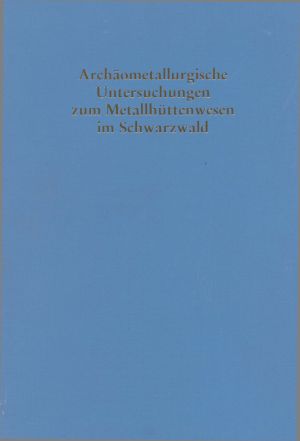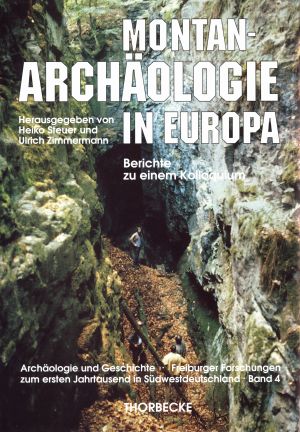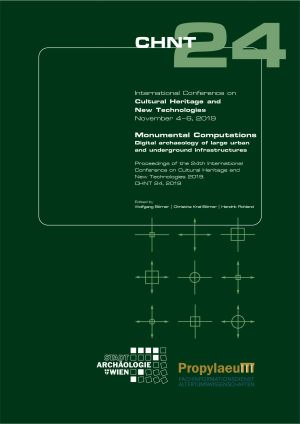Goldenberg, Gert
Archäometallurgische Untersuchungen zum Metallhüttenwesen im Schwarzwald
The subject of this volume is metal smelting in the Black Forest. A first contribution deals with technological developments in the prevention of lead, silver and copper ores in the period from the 11th to the 19th century. It provides the basics of metallurgy and describes, analyses and interprets the legacy of former smelting works from an archaeological and materials science perspective. A second article deals with the historical extraction and use of antimony ores. The work is published as Volume 8 in the series "Archäologie und Geschichte Freiburger Forschungen zum ersten Jahrtausend in Südwestdeutschland"
Montanarchäologie in Europa: Berichte zum Internationalen Kolloquium »Frühe Erzgewinnung und Verhüttung in Europa« in Freiburg im Breisgau vom 4. bis 7. Oktober 1990
Based on the papers presented at an international and interdisciplinary symposium (October 1990) in Freiburg/Br., this volume offers an overview of the latest montanarchaeological investigations in almost all of Europe. The more than 40 contributions span the time from prehistoric to early modern mining. The mining of gold and silver, of non-ferrous metals as well as of iron is taken into account, whereby the path from ore mining via smelting to the further processing of the raw metals is shown and keywords such as working conditions and environmental influences indicate the thematic diversity of the volume. The book, which is equipped with an extensive index of locations and more than 300 illustrations, vividly illustrates the research approaches, methods and previous results of mining archaeology.
Monumental Computations: Digital archaeology of large urban and underground infrastructures
The international conference "Cultural Heritage and New Technologies" took place in 2019 on the theme "Monumental Computations - Digital archaeology of large urban and underground infrastructures" at the Vienna City Hall.
The conference papers address the challenges of large urban development projects for the responsible organizers, whose goal is to preserve the cultural heritage of the cities concerned as much as possible. In this context, computer-based approaches are indispensable in all steps of a large urban development project.









